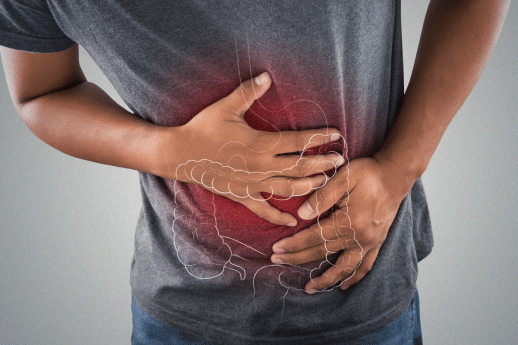Bacteria, and Other Gut Feelings

The bacteria inhabiting our guts might be influenced by our social behaviour, according to a study published in the Human Microbiome Journal.
The relationship between the gut bacteria and the brain is called the microbiome-gut-brain axis. In the past, studies have found that people with extreme behavioural conditions, such as autism and depression, have altered gut microbiomes.
Evidence also suggests that the types of bacteria that are predominant in the gut may vary with social behaviour and personality.
Are you a social butterfly?
People with larger social circles have a larger microbiome diversity compared to more introverted individuals. This might be due to the fact that many species that have found a home in our guts have adapted to transmission through spores. In fact, species of Akkermansia, Lactococcus and Oscillospira are found predominantly in people who are more extroverted.
Akkermansia reduces inflammation in the gut and provides protection from diseases related to metabolism. Oscillospira is also linked to lower incidence of inflammatory diseases. Furthermore, a higher diversity in the gut microbiome means that you are less vulnerable to infections and allergies.
On the other hand, introverts have fewer and less diverse bacteria in their gut. The bacterial genera Desulfovibrio and Sutterella are predominant in introverted individuals. Previous studies have theorised that Desulfovibrio might be involved in the development of autism.
Feel like you're having trouble keeping your head above water?
Are you always anxious and stressed out? Do you feel like you're drowning in misery because of everything that's going around you?
People who often experience negative emotions like stress, anxiety, irritability or depression have less diverse gut microbiomes. This is attributed to the fact that neuroticism – a personality trait involving a tendency to feel negative or anxious – is accompanied by unhealthy eating habits and poor sleep which disrupts the gut microbiome population.
Studies show that people with neurotic tendencies have reduced populations of Streptococcus and Corynebacterium. Another study, which looked at rats with stress-induced depression, found a drop in the prevalence of Corynebacterium species.
In contrast, people who experience less stress and anxiety have more diverse microbiomes. A study found that women who consumed fermented products and foods rich in prebiotics, that promote growth and diversity of gut bacteria, experience fewer symptoms of stress and anxiety.
Bacteria associated with dairy intake, Bifidobacterium and Lactobacillus seem to have a positive effect on social behaviour and reduce symptoms of stress and anxiety.
Are you open to new experiences?
Travelling to far-off destinations and trying out exotic cuisines have positive impacts on the bacteria in your gut.
Research shows that people who travel often are frequently exposed to microbes that enhance the diversity of bacteria found in the gut. In addition, consuming different foods, especially fermented foods which often smell bad, improves gut health.
The microbiome in our gut affects our behaviour through hormonal and nervous control, while our behaviour may directly affect the bacteria in our gut, the extent to which one affects the other is not well understood.
Reference
Human Microbiome Journal (Volume 15, 2020). Gut microbiome composition and diversity are related to human personality traits.
Subah spends her free time contemplating on the ultimate question to life, the universe and everything, send her your questions on Twitter @hussain_subah



 For all latest news, follow The Daily Star's Google News channel.
For all latest news, follow The Daily Star's Google News channel.
Comments